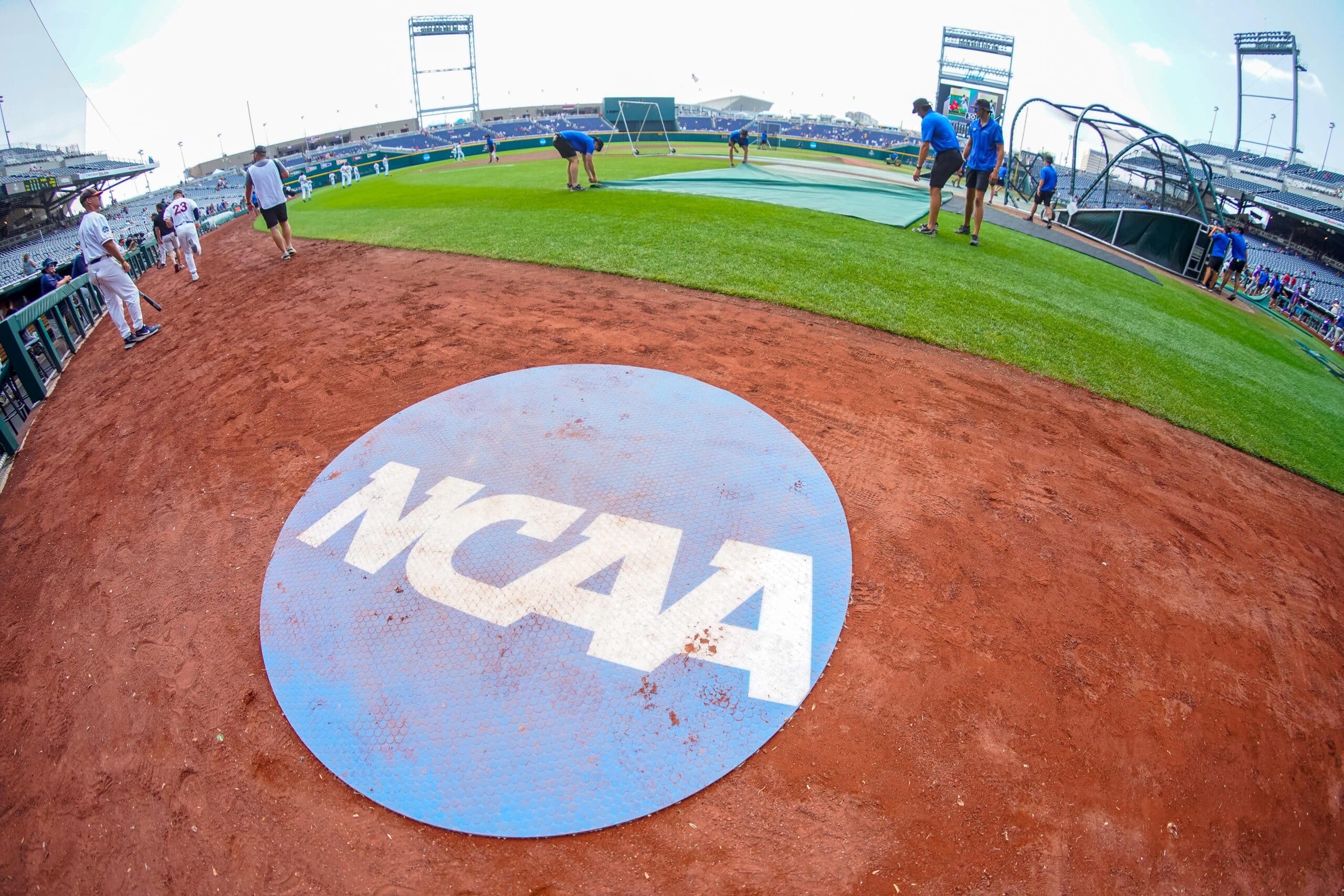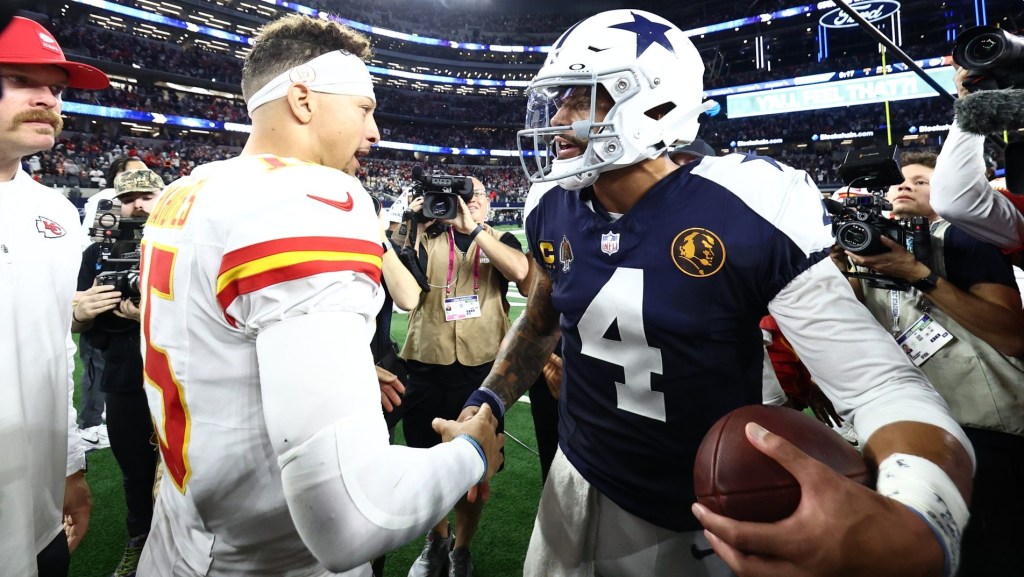Two years ago, the NCAA implemented a one-time transfer rule, allowing athletes in sports such as football to switch schools at least once without sitting out.
But the NCAA’s reform didn’t go far enough for seven state attorneys general.
On Thursday, seven AGs sued the NCAA over its remaining transfer eligibility restriction: that athletes who transfer a second time during their college careers are forced to sit out one academic year.
The lawsuit, filed in the U.S. District Court for the Northern District of West Virginia, described the transfer eligibility rule as “an unreasonable restraint of trade.”
The lawsuit comes in the aftermath of the NCAA’s denial of a waiver for RaeQuan Battle, a men’s basketball player who transferred to the University of West Virginia. Battle started his collegiate career at the University of Washington and was at Montana State before transferring to West Virginia.
“The lawsuit against the NCAA isn’t just about RaeQuan Battle — it’s about all of the athletes victimized by a brutally unfair and arbitrary policy which we allege is violative of antitrust law,” West Virginia AG Patrick Morrisey wrote on X (formerly Twitter). “Our lawsuit brings together a strong state coalition—reflecting diverse states across the nation.”
Ohio, Colorado, Illinois, New York, North Carolina, and Tennessee are the other co-plaintiffs in the lawsuit that seeks a preliminary injunction to prevent the NCAA from enforcing the transfer eligibility rule.
“[The] NCAA and … its member institutions have entered an illegal agreement to restrain and suppress competition in the relevant markets through the adoption and enforcement of the Transfer Eligibility Rule,” the lawsuit states. “Specifically, the NCAA and NCAA member institutions have agreed to unlawfully restrain the ability of Division I college athletes to transfer to other Division I schools without loss of athletic eligibility.”
The lawsuit is diametrically opposed to some proposed federal legislation that would actually further restrict transfer rules. Many coaches have lamented the combination of NIL deals and loosened transfer restrictions, which they claim has created an “unrestricted free agency” system in college football and basketball.
“The NCAA is disappointed in the decision by seven state attorneys general to bring legal action – with the tacit support of a small number of schools – the result of which could potentially mean team rosters changing monthly or weekly,” an NCAA spokesperson said in a statement to Front Office Sports. “The NCAA believes that if a member school objects to a rule or policy, that member should propose alternative rules that apply to everyone, not turn to lawsuits to bypass the system they designed.”





![[Subscription Customers Only] Jun 15, 2025; Seattle, Washington, USA; Botafogo owner John Textor inside the stadium before the match during a group stage match of the 2025 FIFA Club World Cup at Lumen Field.](https://frontofficesports.com/wp-content/uploads/2026/02/USATSI_26465842_168416386_lowres-scaled.jpg?quality=100&w=1024)
![[Subscription Customers Only] Jul 13, 2025; East Rutherford, New Jersey, USA; Chelsea FC midfielder Cole Palmer (10) celebrates winning the final of the 2025 FIFA Club World Cup at MetLife Stadium](https://frontofficesports.com/wp-content/uploads/2026/02/USATSI_26636703-scaled-e1770932227605.jpg?quality=100&w=1024)










